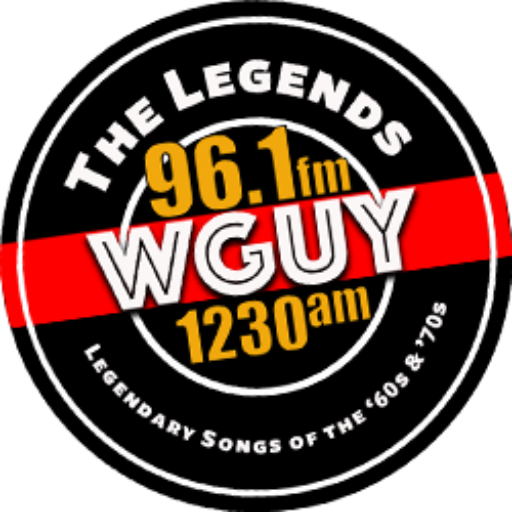Top four takeaways from Day 5 of Trump's hush money trial

(NEW YORK) — Day 5 of Donald Trump’s criminal hush money trial was also the first day of legal arguments before jurors.
Proceedings lasted little more than three hours on Monday, but both parties delivered opening statements, lifting the veil on arguments they plan to present over the coming weeks.
The former president is on trial in New York on felony charges of falsifying business records to hide the reimbursement of a hush money payment his then-attorney Michael Cohen made to adult film actress Stormy Daniels in order to boost his electoral prospects in the 2016 presidential election.
Prosecutors on Monday framed the case as “election fraud, pure and simple” and implored jurors to exercise common sense as they digest the evidence. Defense attorneys sought to distance Trump from any alleged wrongdoing and laid the groundwork to undermine key government witnesses, including Cohen and Daniels.
Before court adjourned, prosecutors called their first witness: David Pecker, the former publisher of the National Enquirer, who prosecutors allege engaged in a conspiracy with Trump and Cohen to help influence the election by killing negative stories about Trump.
Pecker is due to return to the stand Tuesday morning, after the judge in the case hears arguments about Trump’s alleged violation of a court-imposed limited gag order.
Here are Monday’s top four takeaways.
Prosecutors allege election fraud
Prosecutors presented a detailed overview of the case they plan to present to jurors, which they described as a “criminal scheme to corrupt the 2016 presidential election.”
Prosecutor Matthew Colangelo described what he called a three-pronged scheme to promote Trump in the tabloid media, run negative stories about his opponents, and conspire to catch and kill negative stories about Trump.
Prosecutors said the release of the infamous “Access Hollywood” tape, in which Trump bragged of grabbing women, had an “explosive” effect on the campaign, and called the campaign’s efforts to quell potentially damning voices — like Stormy Daniels and Karen McDougal — “election fraud, pure and simple.”
Defense says ‘none of this was a crime’
Todd Blanche, the lead attorney for Donald Trump, argued that the alleged conduct described by prosecutors was nothing more than politics as usual.
“I have a spoiler alert,” Blanche told jurors during his opening statement. “There is nothing wrong with trying to influence an election. It’s called democracy.”
“There is nothing illegal about entering into a nondisclosure agreement,” he continued. “Period.”
Blanche, over objections from prosecutors, argued repeatedly that Trump had done nothing wrong. He argued that, while the Trump Organization was paying Michael Cohen for his services, Trump was busy “in the White House while he was running the country.”
Cohen’s credibility is addressed
One major theme emerged in both parties’ opening statements: the reliability of Michael Cohen.
How the jury perceives Cohen’s testimony could dictate the outcome of this trial — a reality that was reflected Monday in opening statements from both prosecutors and defense counsel.
“During this trial you’re going to hear a lot about Michael Cohen,” Colangelo said, in what was perhaps the biggest understatement of the day.
Prosecutors acknowledged that Cohen comes with “baggage” that includes lying under oath. But they encouraged jurors to put Cohen’s allegations in the context of other evidence and testimony they will hear.
Blanche argued that the jury cannot convict Trump “by relying on the words of Michael Cohen.”
“He has a goal, an obsession, with getting Trump. I submit to you he cannot be trusted,” Blanche said.
Pecker testifies about ‘checkbook journalism’
A smiling David Pecker took the stand as the government’s first witness, to testify about his role in the alleged hush payment scheme supposedly orchestrated at Trump’s behest.
Pecker, a longtime tabloid editor whom Trump has called a “close friend,” described the editorial process at the National Enquirer as “checkbook journalism.”
“I had the final say of the celebrity side of the magazine,” Pecker said. “We used checkbook journalism. We paid for stories.”
Pecker, who is testifying under subpoena and secured a non-prosecution agreement, will return to the stand on Tuesday.
Copyright © 2024, ABC Audio. All rights reserved.





